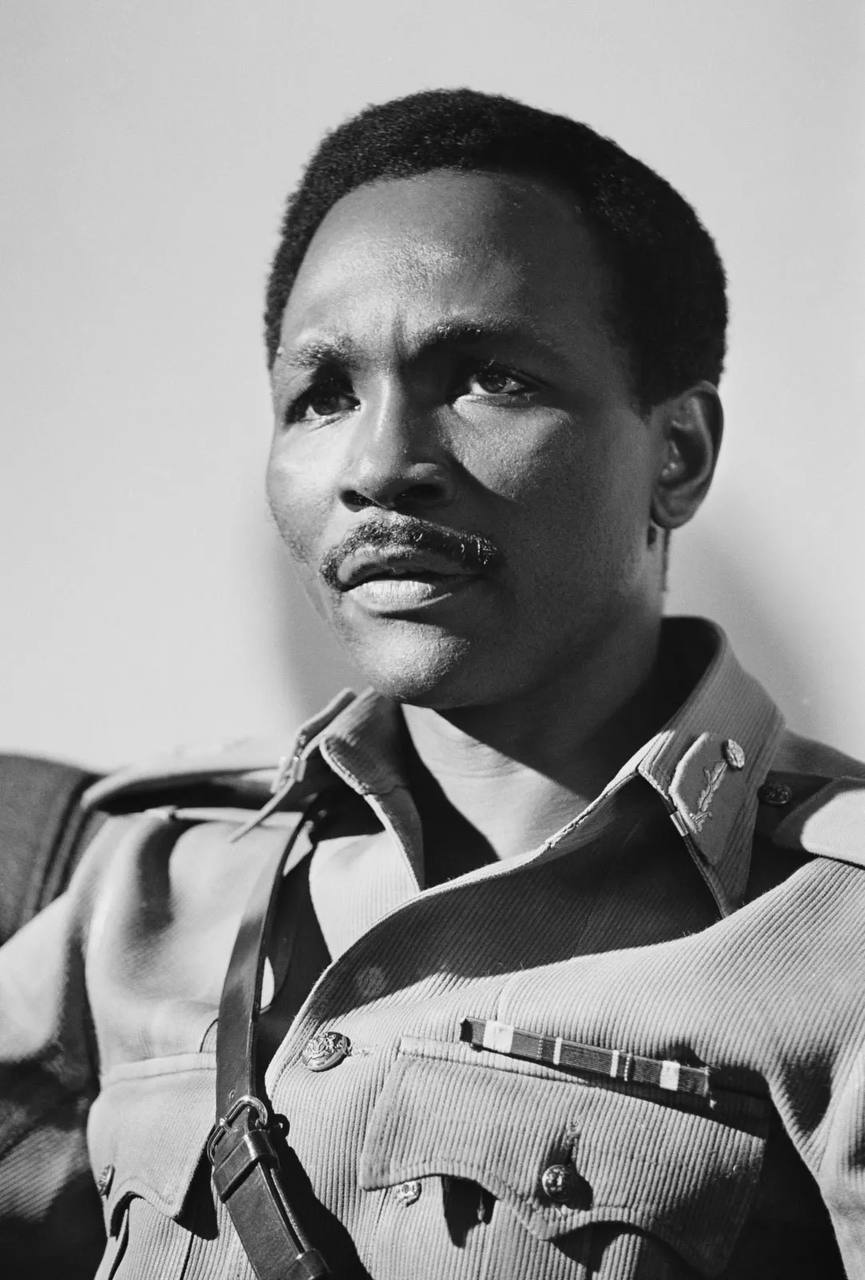
Yakubu Gowon, born on October 19, 1934, is a retired Nigerian army general who played a pivotal role in Nigeria’s history, especially during the civil war era. He became Nigeria’s head of state at the young age of 31, following a coup in July 1966, which ousted General Aguiyi-Ironsi. Gowon’s leadership marked a crucial period in Nigeria’s post-colonial history.
His reign, from 1966 to 1975, was dominated by the Nigerian Civil War (1967–1970), also known as the Biafran War. The conflict erupted due to ethnic tensions, regional divisions, and the secession of Biafra, led by Lieutenant Colonel Odumegwu Ojukwu. Gowon managed to maintain Nigeria’s unity after the war, with his administration focusing on the “no victor, no vanquished” policy, promoting national reconciliation and rebuilding efforts.
His government implemented the 12-state structure to decentralize power and reduce regional tensions. This period also saw an oil boom, which provided Nigeria with vast resources, though it was criticized for corruption and inefficiencies.
In 1975, Gowon was overthrown in a bloodless coup while attending an Organization of African Unity (OAU) summit in Uganda. Afterward, he went into exile and pursued academic studies in the UK, later returning to Nigeria, where he has been active in peace-building efforts and philanthropic work.
At 90, Gowon remains an important figure in Nigerian history, known for his role in preserving Nigeria’s territorial integrity and for his post-leadership commitment to promoting peace and unity.




